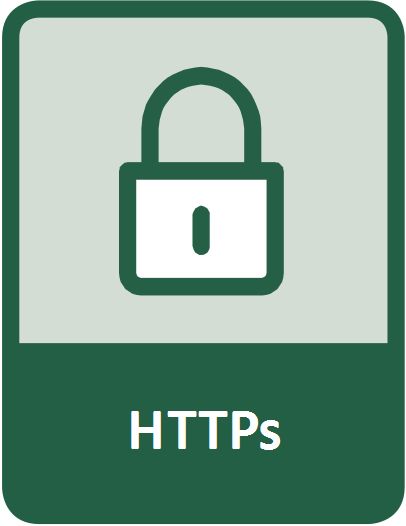Understanding Visa
Visas are used as travel documents in order to grant the holder access to a country if their passport doesn’t offer visa-free travel to that territory. Many countries around the world require visas, but depending on the purpose of the visit, different types will be required. The process of getting hold of a visa can often be lengthy and complex, and could get confusing for first-time applicants.
This is what we’re here for. The team at Gulfvisa know the processes required in order to be granted a visa, making the process more simple and doing everything we can to guarantee our clients their visas.
What Is A Visa?
A visa is defined as a conditional authorisation which allows the holder to enter and remain in a territory for the duration for which it is granted. It’s the responsibility of the traveller to obtain the visa prior to travelling — failure to do so may result in their being denied entry to the region. The visa is usually stamped or glued inside the holder’s passport, and will often specify the reasons for and duration of their trip. There are different visas available depending on why you’re travelling to the country, such as for tourist, educational, or business reasons.
Business Visa
A work or business visa is required for those looking to conduct business in the host country. This could include being relocated for work reasons, or launching your own business. However, it’s important to note that there are different types of working visas, which depend upon the type of work you’re completing, and how long you’ll be doing it for. A working holiday visa, for example, is ideal if you’re travelling through a country, completing part-time jobs as a way to make extra cash.
Tourist Visa
Tourist visas are perhaps the most common visa, and used for travellers and tourists. They allow you to stay in the country for the specified time, for leisure only.
Student Visa
Student visas are ideal for study-abroad programmes, giving the holder access to educational services in the host country. However, these visas may not allow the holder to be employed, so it’s important to check the entitlements.
Transit Visa
In some cases, you may need a visa if you’re passing through a country on the way to your destination. If you have a layover in another country for a few hours, you may need to apply for a transit visa, depending on the country.
Spousal Visa
If your spouse does not live in the same country as you, you can apply for a spousal visa when visiting each other.
eVisa
An eVisa is stored digitally instead of in a passport. The visa is linked to your passport number, allowing officials to easily check which type of visa you have. These are generally applied for over the internet, though some travellers choose to print off confirmation of their eVisa to present to airport security. A popular example of this type of visa is the ESTA, which is used for travel in the United States.
How To Apply For A Visa
Applications for visas differ depending on what type of visa you need and the country you’re applying for. Some countries grant visas at the airport when you arrive, while others require a visa to be obtained from the relevant embassy before flying out. Here at Gulfvisa, we can advise on whether you need a visa prior to travelling or not.
Applying to an embassy for your visa is typically a long and arduous process. Our team can help you skip the long queues and stressful waiting periods by making an application on your behalf. We’ll talk you through all the relevant paperwork you need and help you gather all the data for a small fee — the majority of which go towards paying the embassy for your visa.
Some of the documents you may be asked to prepare for your application include:
- A letter of invitation
- A photocopy of your passport
- Photographs of yourself - usually at passport size
- Proof of finances during your trip
- Travel insurance
- Travel tickets
- Proof of travel purpose
- Visa application fees
When applying for a business visa, you may also be required to have your documents attested. This simply means that the documents are authenticated to be officially used in another country. For example, if you need to share personal documents, such as education certificates or a driving license, the embassy may require these to be attested. Here at Gulfvisa, we are registered with the FCO (British Foreign Ministry), which grants us permission to complete document attestation on behalf of our clients.
How Much Does A Visa Cost?
The cost of your visa depends on the type of visa, and the embassy you’re applying to, as well as the services they offer. For example, you may choose to pay extra for a fast-tracked service. The length of time you want to spend in the host country also affects the price — a month-long visa will cost less than a six-month visa.
What Countries Do You Need A Visa For?
You may not need a visa for some countries if the duration of your stay falls below a specific time limit. For example, British passport holders can visit Japan as a tourist or for business reasons for up to 90 days without a visa. We offer visa services for a number of countries, with our most popular destinations including Saudi Arabia, India, China, and Kuwait. It’s best to find out if you need a visa by checking the government website of the country you’re planning on visiting.







